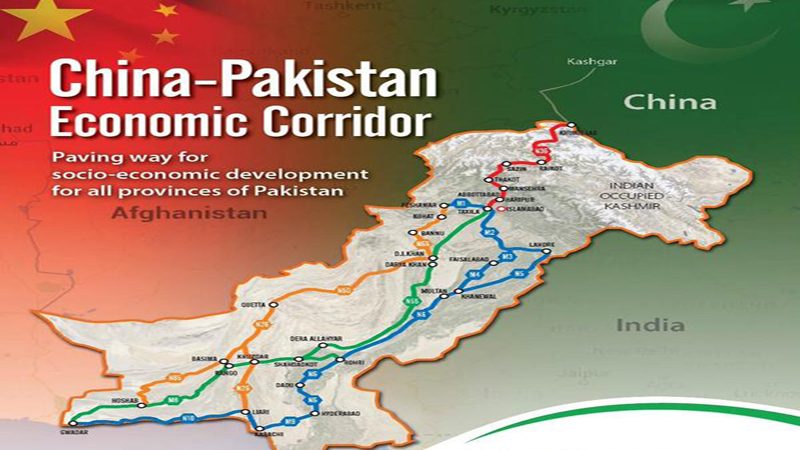Obortunity- NDU sponsored Int’l CEPC workshop in April

ISLAMABAD, FEB 13 (DNA) -With the upcoming completion of Phase 1 of the China-Pakistan Economic Corridor (CPEC) by end 2019, Phase 2 “Industrial Cooperation” is picking up speed.
It is powered by rapidly developing public and private Special Economic Zones (SEZs), industrial relocation from China, attracting FDI into Pakistan, and growing opportunities for trade through new products and markets.
To highlight various aspects of this venture, Obortunity, Pakistan’s premier CPEC-focused firm, and National Defence University (NDU) are organizing an International CPEC Workshop (ICPECW), a 2.5 weeks international learning and networking platform on CPEC, spanning Beijing, Islamabad and Gwadar. ICPECW will be held in Beijing, Islamabad and Gwadar from 17th April – 3rd May 2019.
ICPECW will bring participants up-to-speed on the key areas and challenges of CPEC and the Belt and Road Initiative (BRI), to the point where they can conceive and implement solutions.
Participants will build a network of key public and private sector individuals, in China and Pakistan.
They will see for themselves where CPEC stands and where it is headed. And they will be able to rapidly formulate and implement their own strategy of benefiting from CPEC, a unique economic opportunity for Pakistan and the region.
To ensure the success of Phase 2 of CPEC, intense involvement of the private sector is required, and ICPECW promises to herald this new era. Government to government collaboration conceived CPEC, and with the private sector as a partner, built the foundations focusing on transport infrastructure, Gwadar Port and electricity generation.
Now, “industrial cooperation” depends on the successful development and population of Special Economic Zones (SEZs), significant industrial relocation from China and accelerated industrialization.
In addition, the PTI government wishes to include technologically empowered and corporate agriculture; the social sector and media and telecommunications in CPEC.
For these transformations to succeed, a leading role for the private sector, academia and civil society is needed. ICPECW provides an opportunity to facilitate this change of focus, besides serving as a timely crash-course on CPEC for those players who had earlier stood on the sidelines, and now wish to get significantly involved.=DNA
Related News

FPCCI opens Pakistan-EU business forum membership for 2026
KARACHI, FEB 4: /DNA/ – Atif Ikram Sheikh, President FPCCI, has announced that the Pakistan-EURead More

PM’s relief package to strengthen export base: ICCI President
Applauds FBR for rationalizing Islamabad Property Valuation ISLAMABAD, FEB 3 /DNA/ – The Islamabad ChamberRead More


Comments are Closed